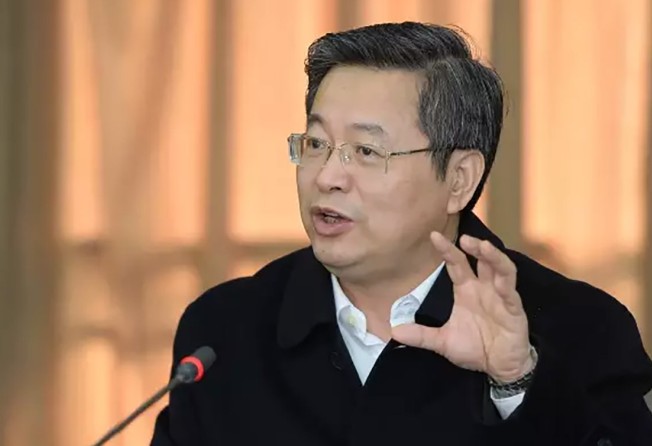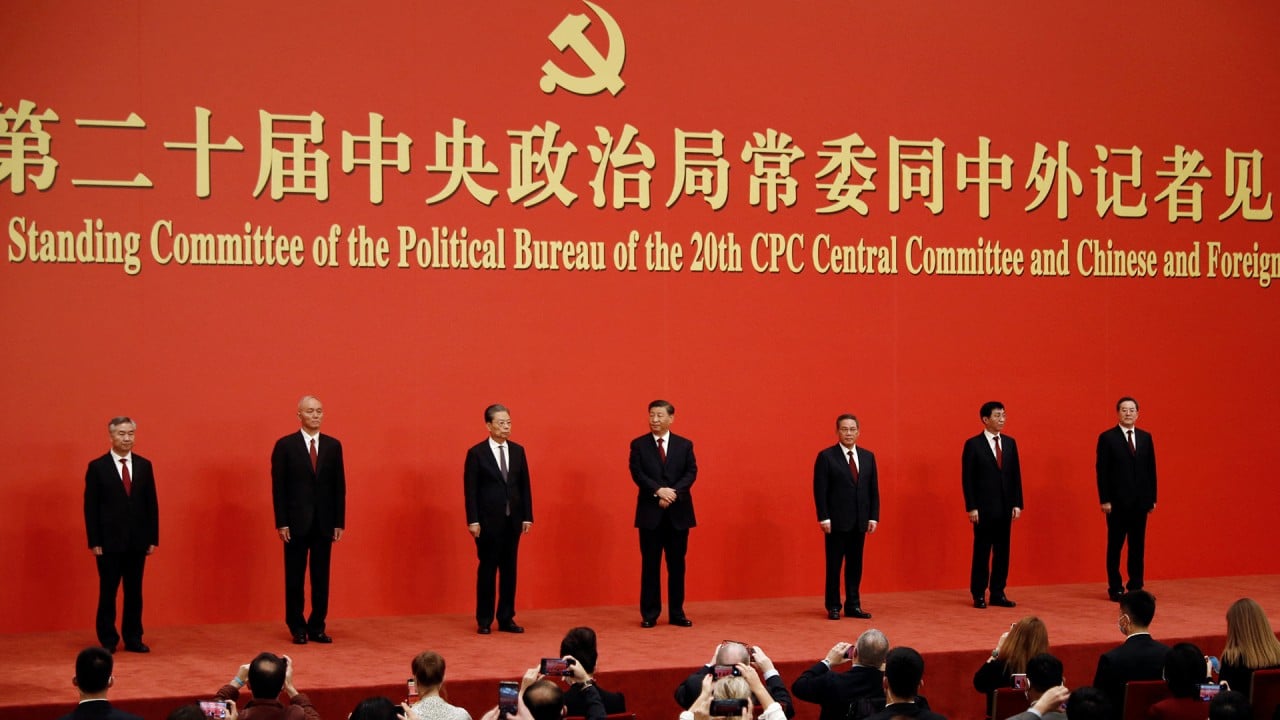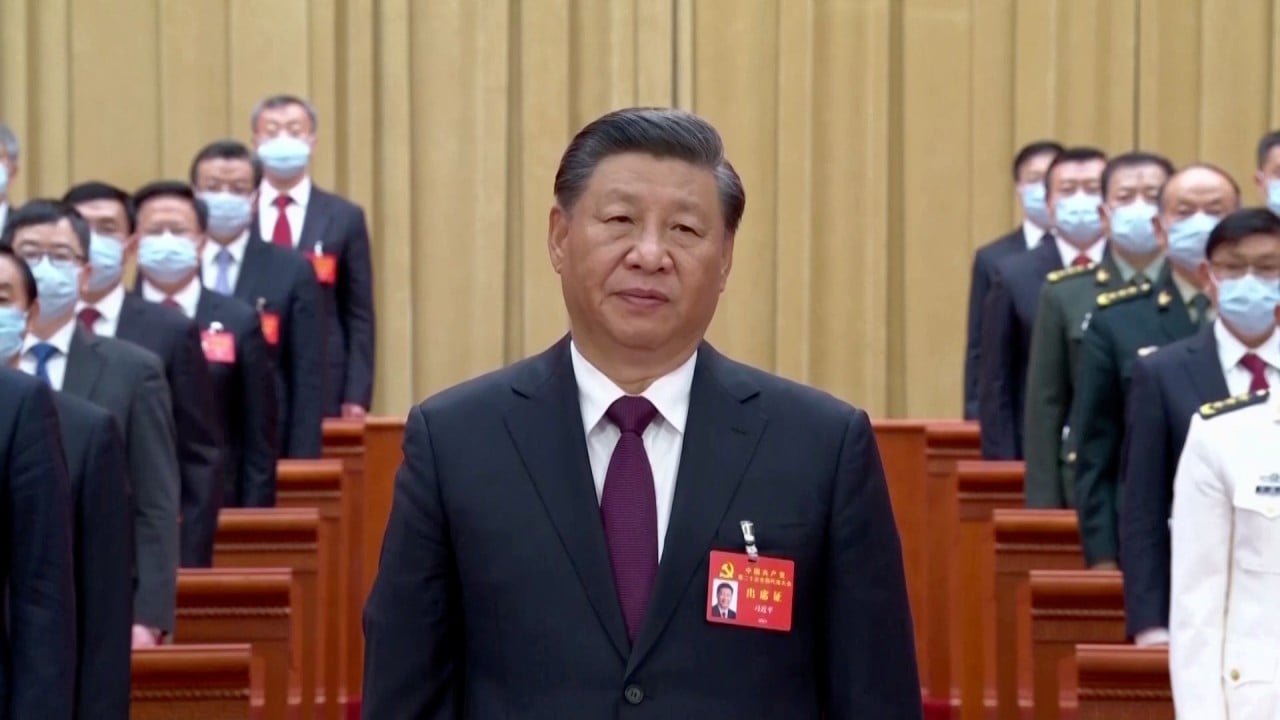China names Chen Yixin as new state security minister in latest leadership shake-up
- Chen replaces Politburo member Chen Wenqing, who moves on to higher office
- The new intelligence chief first crossed paths with President Xi Jinping 2 decades ago

A long-time confidant of Chinese President Xi Jinping has been named the country’s new intelligence chief, the latest in a series of challenging jobs assigned to the Zhejiang native.
In a notice on Sunday, the Standing Committee of the National People’s Congress, the country’s top legislative body, said Chen Yixin, 63, was the new minister of state security.
The announcement came two days after his predecessor, Chen Wenqing, was promoted to head the Communist Party’s Central Political and Legal Affairs Commission, the organisation overseeing the police, courts, prosecutor’s office, prisons and national security apparatus.
Chen Yixin, who is already secretary general of the commission, will retain the post.
The appointments are part of sweeping changes to the country’s leadership following the party’s five-yearly national congress, which ended last weekend.
Xi signalled his trust in Chen Yixin by assigning him to resolve a number of challenging, politically sensitive issues in recent years.
In February, 2020, Chen was part of a team sent by the party’s Central Committee to tackle the Covid-19 outbreak in the central city of Wuhan.
It came at a particularly tense time in the city, with the death of doctor Li Wenliang sparking a public outcry. Police in Wuhan had silenced Li for telling his friends about a new Sars-like virus among patients at a Wuhan hospital. Li died of the disease.
Chen later led a two-year anti-corruption campaign aimed at the country’s law enforcement and security apparatus, a crackdown that ended early this year.
In 2015, Chen was parachuted into the Central Leading Group for Comprehensively Deepening Reform, which became the Central Comprehensively Deepening Reforms Commission, a body Xi spearheaded to punish corrupt officials and overhaul China’s legal system, economy and state-owned enterprises.
Chen spent most of his political career in eastern Zhejiang province, where Xi also worked for five years and established a power base.
The two crossed paths when Xi became Zhejiang party chief in 2002 and Chen was the deputy director of the Zhejiang party committee’s general office.
Chen was later promoted to the committee’s deputy secretary general, going on to be the party chief of the cities of Jinhua and Wenzhou.
Chen spent a little more than a year as party chief of Wuhan from 2016 before being promoted to the Central Political and Legal Affairs Commission as secretary general.
But, unlike his predecessor, Chen does not have a background in policing.
Chen Wenqing read law at Southwest University of Political Science and Law in Chongqing and spent most of career in the police force in Sichuan province, rising from a police officer in Leshan to the province’s top prosecutor.
After around a decade as a top official in Fujian province’s party committee and deputy secretary of the Central Commission for Discipline Inspection, Chen Wenqing became China’s state security minister in 2016.
Chen Wenqing landed a seat in the 24-member Politburo at the congress earlier this month and became the first member in the top decision-making body in decades to have served as a spy chief.
At the party congress, Xi highlighted national security as a key issue for the next five years and beyond.
He underscored political stability as a core element of security, and said economic development must be considered with the stability of party rule in mind.

